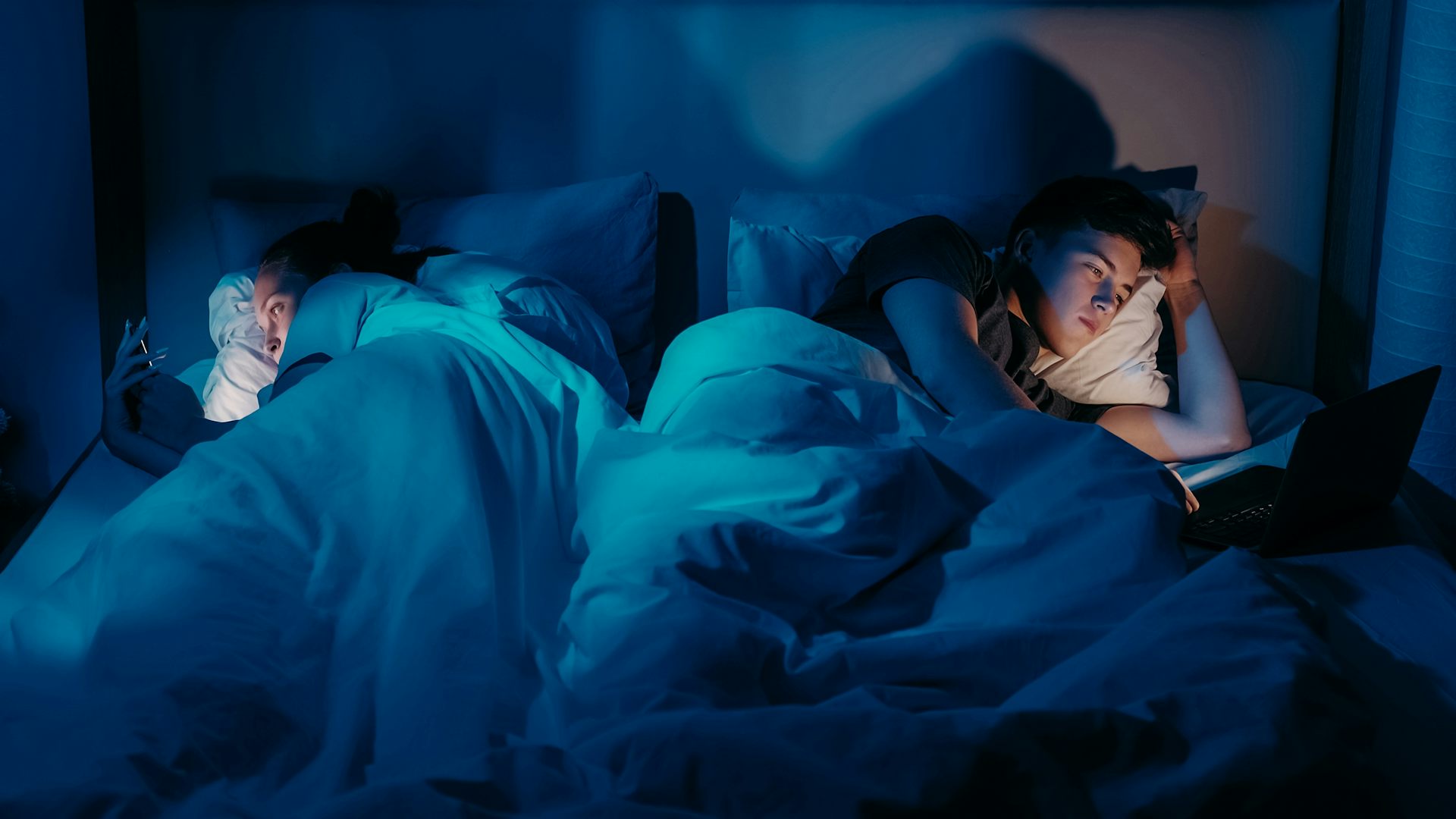Married To The Job? How Having A Self-employed Partner Might Be Hurting Your Happiness

Ever considered working for yourself? Some of the oft-touted perks make it seem like a dream. You get more control over your time, total freedom over creative and business decisions, and a better work-life balance.
For many self-employed entrepreneurs, however, this promise proves a cruel mirage. Financial insecurity, unforeseen obstacles and having to work lonely late nights can all make the reality very different.
And although they might be running a business solo, entrepreneurs don’t get to exist in their own little bubbles. The pressures they face can put serious strain on all of their relationships.
Perhaps none so much as that with a spouse, who gets a front-row seat to all the ups and downs.
My recent research sought to examine what it’s like when a partner’s business becomes the other significant other.
What it found was troubling, but perhaps unsurprising – that having a self-employed partner can significantly reduce your life satisfaction, especially when family, leisure and work are your own key priorities.
An important contribution
The self-employed form a small but significant chunk of Australia’s total workforce – just under 16% in 2022. They also make an important economic contribution.
It’s important to note that self-employment isn’t always a choice. In challenging economic periods, the percentage of self-employed will often rise as people are “pushed” into starting their own businesses out of necessity.
 Tough economic conditions can push people into working for themselves.
Virrage Images/Shutterstock
Tough economic conditions can push people into working for themselves.
Virrage Images/Shutterstock
This phenomenon, also known as the “unemployment push” or “refugee effect”, suggests that people often turn to entrepreneurship when faced with limited job opportunities or a poor job market.
This kind of necessity-driven entrepreneurship can provide a crucial source of income for entrepreneurs. It can also generate new job opportunities for others, if these new businesses become successful enough to start hiring.
But it’s not easy, and can pose significant challenges for their spouses and other close family members. These should not be overlooked.
Partners bear the costs, too
My study examined data spanning more than 80,000 respondents and 60 countries from the latest World Values Survey, which is conducted every five years.
It found the spouses of self-employed individuals tend to have lower life satisfaction.
A range of factors could be contributing to this effect, from the heavy stress of financial uncertainty to difficulties disconnecting from work, which can strain personal relationships.
My research also found the perceived importance of family, leisure and work amplified this effect. The more important these aspects were to a spouse, the lower their life satisfaction was likely to be.
This is largely in line with what you’d expect. The demands and irregular hours associated with self-employment can lead to less family time, less time for shared leisure activities, and increased stress.
On top of this, ambitious, career-focused individuals might struggle to manage the additional responsibilities and stress that come with their partner’s self-employment, leading to lower life satisfaction.
 Juggling work with family responsibilities such as childcare can be extremely taxing.
Andrey_Popov/Shutterstock
Juggling work with family responsibilities such as childcare can be extremely taxing.
Andrey_Popov/Shutterstock
The picture was even worse when both partners were self-employed – life satisfaction was significantly lower. This reflects some unique challenges that are different again to those of the other households.
Having just one self-employed partner can significantly disrupt the work-family balance. Now imagine both! It can quickly become extremely challenging to manage responsibilities like caring for children, let alone find time off to be together.
In Australia, where work-life balance is a deeply valued cultural norm, the strain of having a self-employed spouse can be particularly challenging.
Read more: Life's big moments can impact an entrepreneur's success – but not always in the way you'd expect
What should be done?
The self-employed and their partners make a valuable contribution to Australia, so it’s important we look after them.
Our findings suggest we need to create better support systems for families where one or both partners are self-employed, particularly in economic downturns.
This could include mental health supports to deal with the stress of self-employment and financial planning services to assist in managing the ups and downs.
Policies designed to directly address the financial insecurity of self-employment could have a disproportionate impact. This could include new tax breaks specific to solo entrepreneurs.
Expanding access to affordable childcare could also make it easier for both partners to juggle their work and home responsibilities, especially when money is tight.
The benefits of working for yourself shouldn’t cost the wellbeing of those closest to you. By creating better support systems for self-employed families, we can slowly fix this equation.
Hassan Kalantari Daronkola does not work for, consult, own shares in or receive funding from any company or organisation that would benefit from this article, and has disclosed no relevant affiliations beyond their academic appointment.


